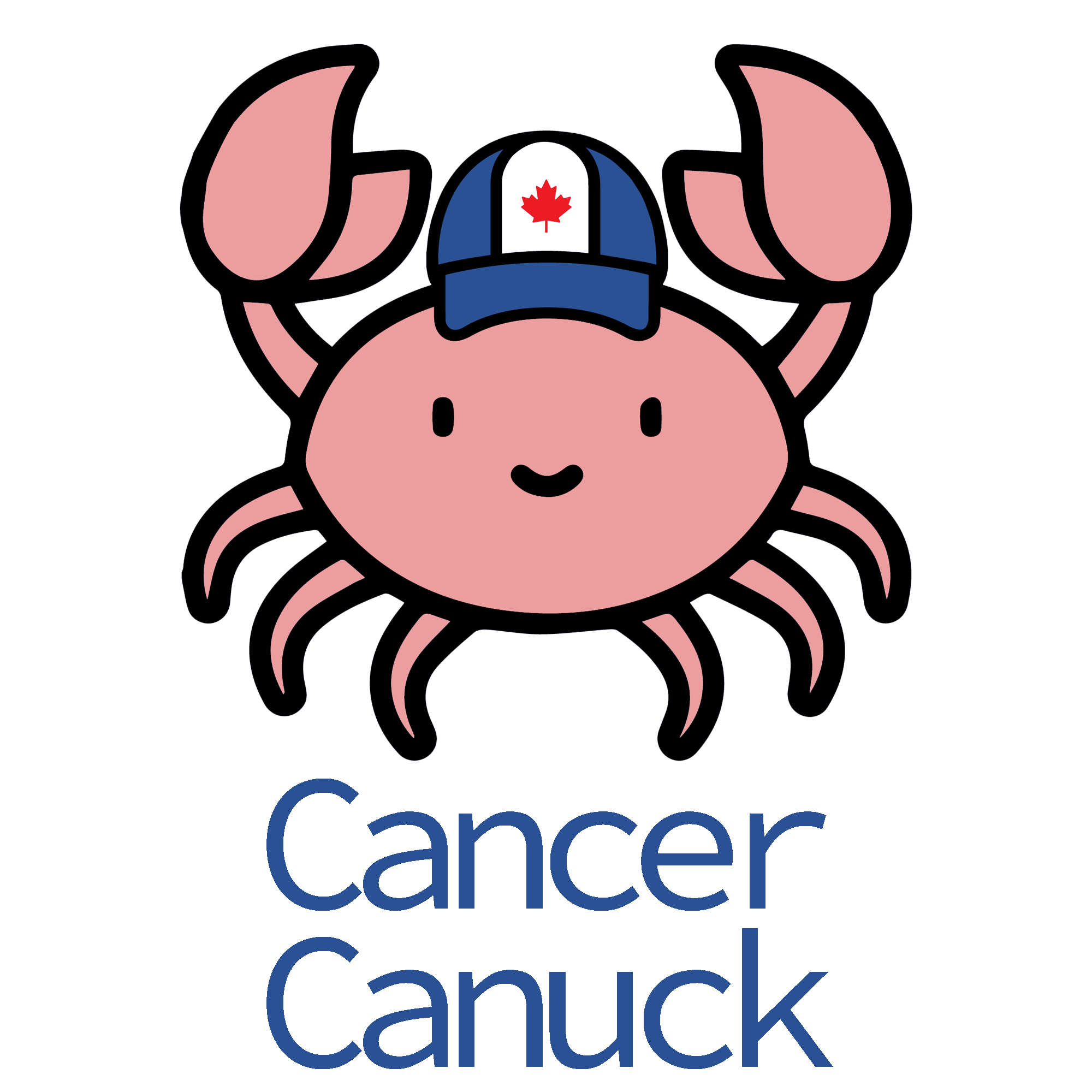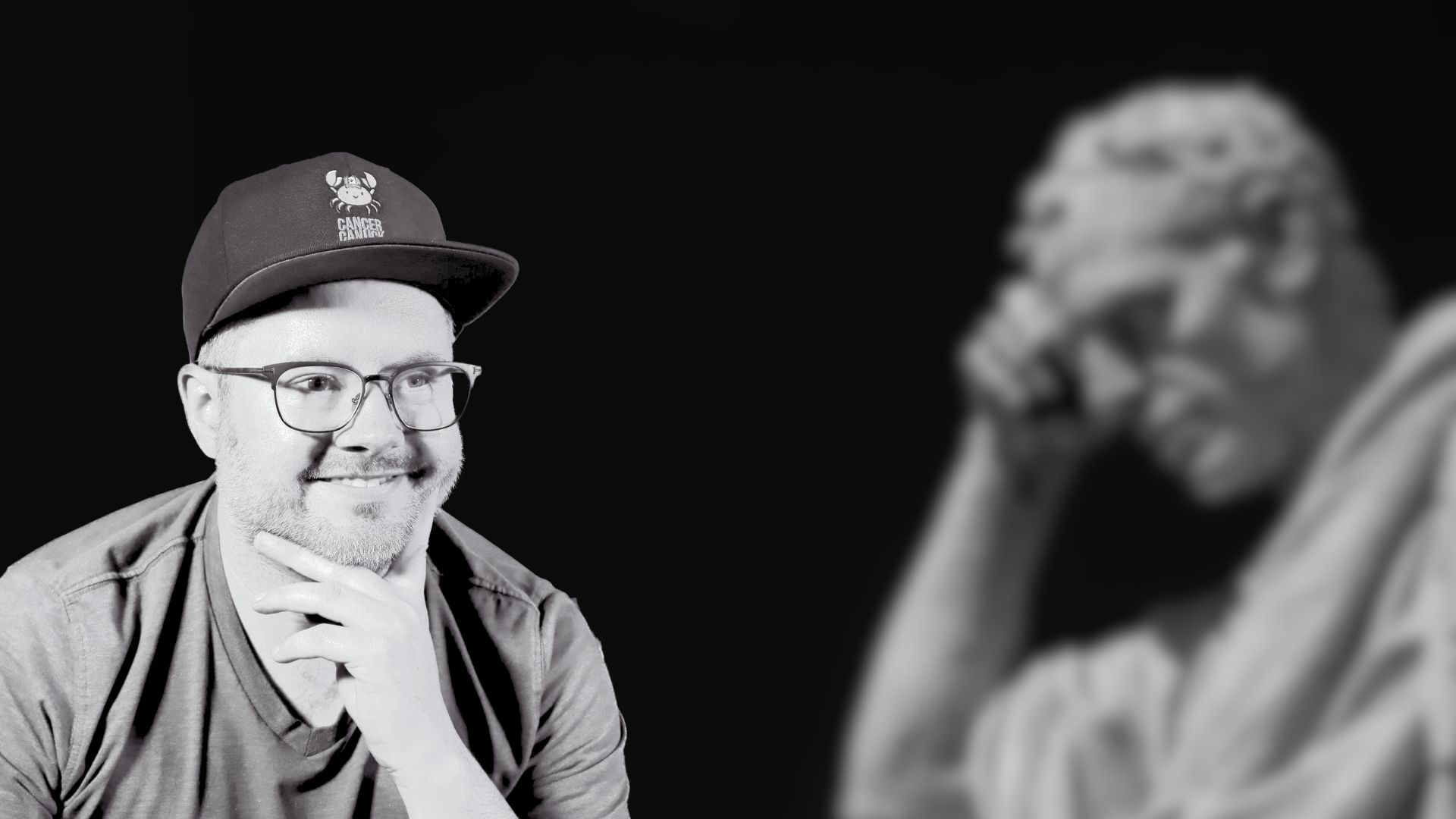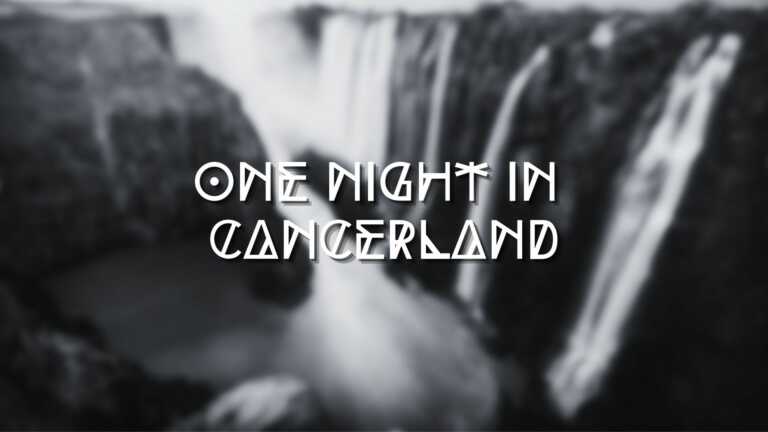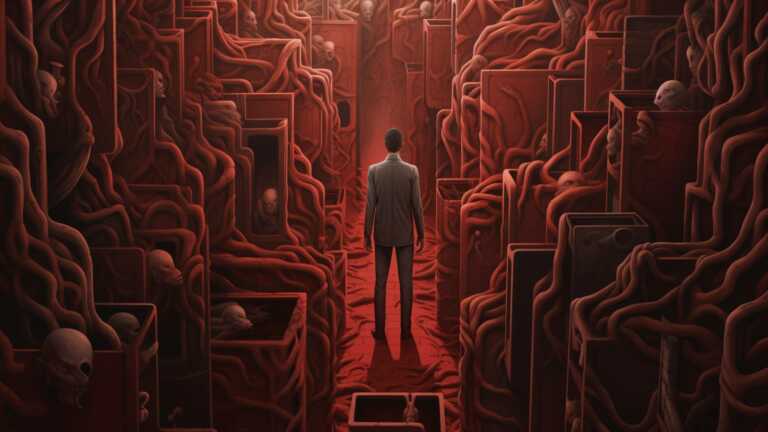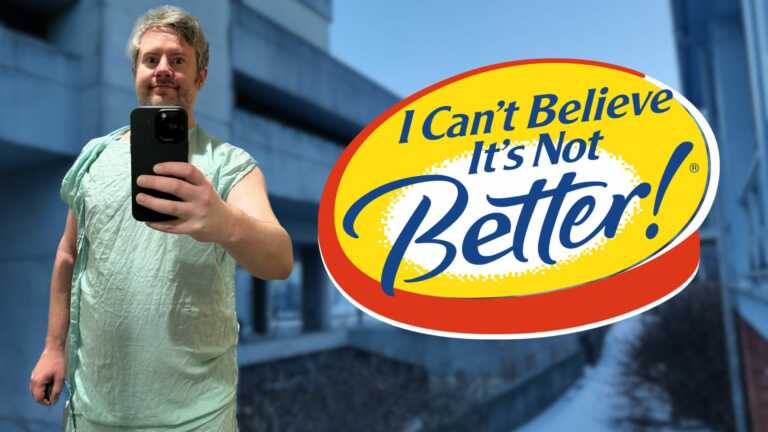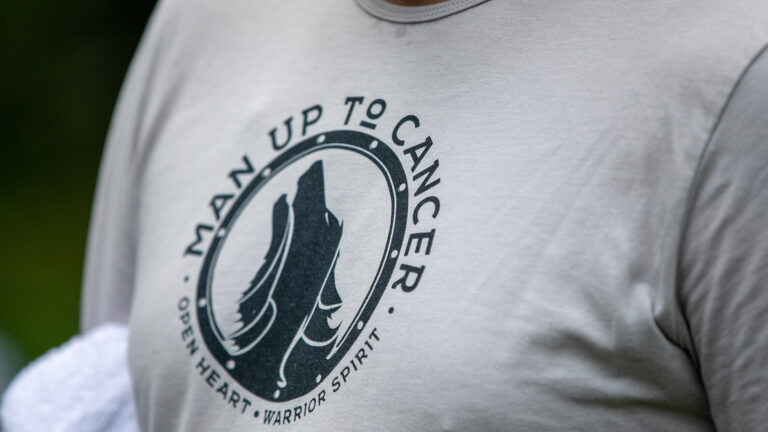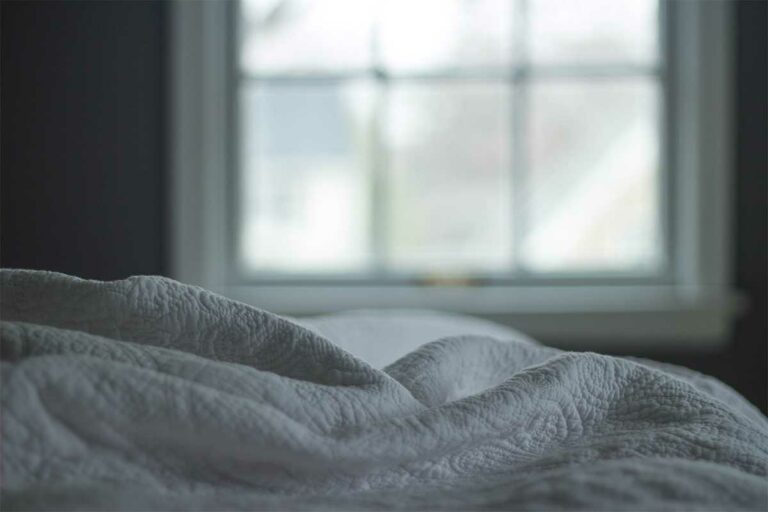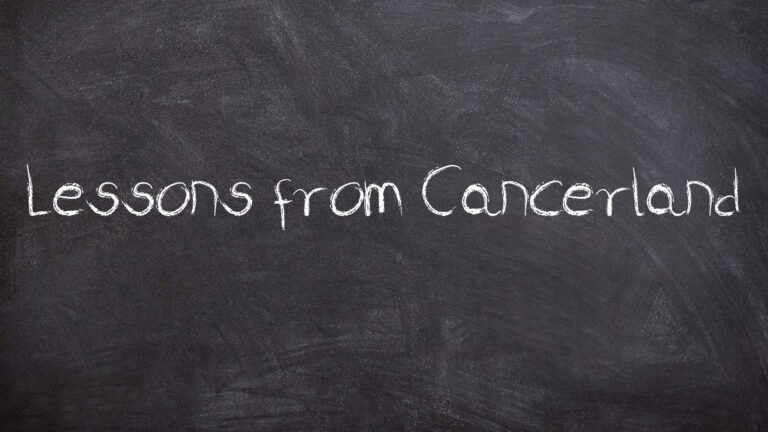Throughout my experience with cancer, which spans a decade to days gone by when my mother was staring down her disease, I’ve had to find ways to keep moving forward through some of the most difficult days of my life.
The path is often challenging and surefootedness is never a guarantee. There are detours, unexpected water features, and shoe-sucking muck. It’s never known what lies ahead, even if you’re somewhere you’ve been before.
Will it be a gentle downward slope from the crest of the hill, or will I find myself breathless and intimidated at the edge of a crag?
It could be either, but the truth is that it doesn’t actually matter.
You really do just have to roll with the punches.
Elements of stoic philosophy re-emerge
Mainstream conversations, especially related to work and the pandemic, have placed the onus on the individual to simply be better by eating shit and being grateful for the meal.
We’ve all read the headlines around resilience and grit over the last handful of years.
“If people had more grit and were more resilient, they’d be happier,” say the articles.
My rebuke is that it’s garbage.
Grit and resilience alone will not yield happiness. They’re ingredients, if you will. Mere constituents of what it actually takes to be happy.
Stoicism—in my opinion—provides the remaining reagents to achieve happiness in an unpredictable world. Cancer, or not.
I’m not going to delve deeply into what Stoicism is; I can’t do it justice in a short blog post. Plus, other authors have expounded at length, carefully tugging at the strings of Stoic philosophy by offering up analyses on the texts that serve as its foundation.
The Daily Stoic is one example. It’s an accessible library of stoic content (though I don’t read it myself).
It’s a philosophy designed to make us more resilient, happier, more virtuous and more wise–and as a result, better people, better parents and better professionals.
The Daily Stoic, answering “What is Stoicism?”
Wayfinding
My adventure into the world of Stoicism started like anyone else’s: I was looking for a roadmap to happiness.
Ten years ago I was stressed as fuck.
I was in school full time, holding down a full-time job (and three part-time jobs), volunteering, processing my mother’s terminal cancer, and in an unhappy relationship.
My mental health was a dog’s breakfast: chewed up, regurgitated, re-consumed, and funneled out into a sloppy diarrhea that somehow formed an approximation of a functional human being.
I was doing a lot of things right but I still felt incomplete. As if there was some purpose that was hiding somewhere, waiting for me to discover it.
Through the multitude of self-help books, time management systems, and guided journals I clutched at for relief and fulfillment, I came to discover Stoicism.
It’s been a life-changing experience.
On happiness
Although metastatic cancer is currently pillaging my liver, working hard to overpower the healthy cells in one of my most important organs, I consider myself to be living a happy life.
Am I dying? Yes. Faster than many.
Am I living? Also, yes. A happier life than many.
As your inner voice reconciles those two statements, your rational brain is probably pretty close to calling bullshit.
“Jason,” you’re thinking, “how the fuck can you be happy while dealing with Stage IV cancer? It just doesn’t make sense.”
We’ll see if I can change your mind.
The secret sauce contains fewer spices than you might expect.
The four Stoic virtues
The four virtues are the essence of Stoic philosophy and serve as signposts for leading a better life.
They are:
- Courage
- Justice
- Wisdom
- Temperance
That’s it. Four words, nine syllables, and zero regrets.
Here’s how I define and apply each.
Courage
Courage, in my mind, is the ability to face difficult truths, situations, and decisions by accepting that they can’t be ignored.
Folks who know me in real life will tell you that I like to say: “Not making a choice is still making a choice.”
As it relates to dealing with my cancer, I think of courage as being the ability to be honest with myself and to unshyly face things that would be easy to avoid.
Do I want to know my prognosis?
I have a choice here. Yes. I want to know what I may have to face so that I can prepare myself as best I can.
Do I want to be vulnerable with myself and confront my own feelings, or should I compartmentalize them?
I also have a choice here. I’ll sit with the uncomfortable feelings so that I can acknowledge them, feel the pain, and move on.
Do I want to plan for my death?
Not really, but I must. Done. Advance care plan complete. Death is inevitable, so I should’ve done it cancer or not.
Courage, really, is about allowing yourself to know who you are. In a way it’s about not keeping secrets from yourself.
We’re our own biggest critic, after all. It’s pretty courageous to let that guy have front row seats to our most intimate experiences, innit?
Justice
Justice is really about doing the right thing.
To seek justice is to have a clear perspective of one’s own sense of right and wrong in the world and to be dissatisfied with the status quo if it’s unjust.
In cancerland, this means being an advocate for myself and others.
“How much information should we give the patient?,” the doctor asks rhetorically. “We don’t want to tell them too much.”
“All of it,” comes my response. “If they don’t want to see it, they never even have to make an account or log in to their patient portal. But it should be their choice.”
An excerpt, paraphrased, from an actual conversation with leadership at my cancer centre.
Another example from cancerland:
I accompanied a friend to their first radiation appointment. While in the room with the nurse, they went through a checklist of standard questions.
All seemed above board.
“Are there any other questions?,” asked the nurse.
Knowing my friend was supposed to be receiving chemotherapy pills but hadn’t yet, I chimed up.
“I have one,” I interjected. “When will they begin their oral chemotherapy?”
Some back and forth on policy, learning that it’s not ok to start radiation without having started the chemo first.
“They’re here. You cannot send them home without radiation today, policy or not. We can get the chemo sorted while they’re getting treated today,” I assert, “and they can take it right after.”
A simple example, but one where it would be easy to stay quiet.
To live a just life, one first has to understand what they believe in and what they’re willing to advocate for.
It means putting yourself out or at risk for those who can’t, even if it’s uncomfortable or turns heads.
Wisdom
Wisdom has always been about humility and open-mindedness to me. You don’t know what you don’t know, and to think that there’s nothing left to learn ensures that further learning will not occur.
In cancerland, I’ve tried my very best to learn as much as possible about what this community needs in order to better serve its citizens.
I’ve learned all that I can about my diagnosis, treatment pathways, and prognosis in order to understand as much as a layperson can about this disease.
It doesn’t mean that I’ve tried to master everything. I can’t, won’t, and shouldn’t.
I know enough to ask the smart people great questions.
Being wise does, however, mean that I’ve approached conversations and information with a willingness to listen.
“I don’t understand what that means,” is not a sign of weakness or stupidity. I’ve said it often and am wiser for it.
Through this insight and knowledge, I’m better able to understand where I’m an expert or leader and where I need to shut up and let the adults talk.
Temperance
Temperance is about creating balance. It’s practicing the right actions in the right amount and in the right way. Some may call it moderation.
It is imprecise and takes trial and error to know where balance needs to happen.
Maybe you reflect on a goal and decide to take a stepwise, sustainable approach to achieving it instead of trying to overachieve.
Want to do couch to 5k? Maybe follow the plan instead of doing what I used to do and injuring myself by day three, tearing muscles that I didn’t even know could be torn asunder.
Want to pursue continuing education? Start with one course and see how it fits into life before taking on more than you know you can handle with certainty.
Temperance in cancerland has been about me creating a balance between being a family member, patient, employee, and advocate. Each of these areas of my life are important.
Understanding what I need to give and receive in each area allows me to pick and choose what things I dedicate my energy toward.
Maybe I need to have the courageous wisdom to know that I can’t take something on. Maybe I employ some tempered justice by shifting balance from one area to another in order to do something that I feel very strongly about.
How does that all add up to happiness?
The common denominator through all of this is that applying each of the virtues requires a degree of self-awareness and insight that many people are uncomfortable having with themselves.
Until you truly know yourself, you can’t possibly seek happiness.
First, I have the courage to face my disease, have tough conversations with people, and to let myself feel all of the difficult emotions that come with navigating cancer. My wisdom and temperance allow me to be courageous.
Next, I have a sense of justice that empowers me to speak up when I should. My beliefs provide me with a signpost if there’s a moral dilemma to be conquered. My courage allows me to act, my wisdom tells me whether I should or not.
I also have the wisdom to listen actively, approach situations objectively, and to share my experience in a way that doesn’t overstep my knowledge. This, too, takes courage.
Lastly, I apply temperance among the many different areas of importance in my life. I understand what I value the most and spend my energy there. Justice and courage guide me in this domain.
Each of the values work together so that I live the life that I want to.
That’s where happiness is found: in a life that you’re living deliberately, that’s true to your values, and that’s in step with the things you care most about.
What’s next?
Give yourself permission to live.
Let yourself explore the crevices of your mind.
Feel your own pain. Acknowledge it and allow it to pass through you.
Practice speaking up for what’s right when it’s uncomfortable or unpopular.
Assess the things that are stressing you out. See if you need to create balance.
Have the courage to say both “yes” and “no” in order to put your wellbeing first.
I don’t know what else. I’m not your dad.
Also, nothing matters anyways and we’re all just cosmic dust.
(kidding)
